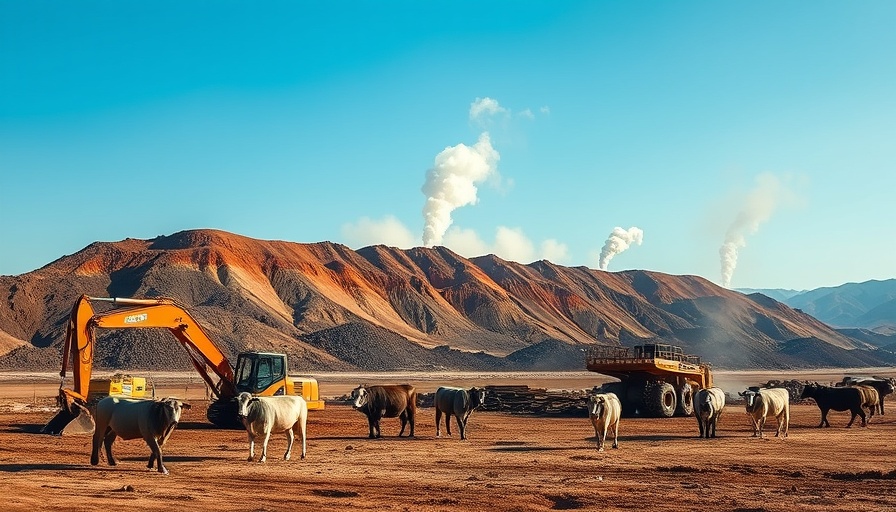
Young Americans Stand Up Against Executive Overreach
A cohort of 22 young plaintiffs, aged between seven and 25, have banded together to challenge the Trump administration in a landmark case that could redefine the future of environmental governance in the United States. Dubbed Lighthiser v. Trump, this lawsuit asserts that the administration’s executive orders favoring fossil fuel production significantly undermine the growth of clean energy alternatives, potentially jeopardizing the health and safety of future generations.
The Legal Basis for the Suit
This lawsuit, filed in the U.S. District Court for the District of Montana, builds on the legal foundations aimed at safeguarding not only public health but also the planet's ecosystems. The plaintiffs argue that the current administration's approach is not only a breach of their constitutional rights but also a violation of congressional mandates designed to protect public welfare. By prioritizing fossil fuel expansion over renewable energy initiatives, these orders are accused of endangering the health of the young plaintiffs and the broader community.
A Generational Call to Action
As highlighted by named plaintiff Eva Lighthiser, the stakes couldn't be higher. "Trump’s fossil fuel orders are a death sentence for my generation," she states, emphasizing the urgency and necessity of their action. This sentiment captures a growing unease among the youth regarding their future amid deteriorating environmental conditions—a result of decades of fossil fuel dependency and climate inaction.
Contextualizing the Youth Climate Movement
The suit is emblematic of a broader youth climate movement that has been gaining momentum across the globe. Similar lawsuits have been initiated from various groups asserting that government inaction on climate change violates their rights. By tapping into constitutional arguments, these youthful activists are attempting to hold the government accountable for its policies that arguably favor short-term economic gains over long-term sustainability.
Renewables vs. Fossil Fuels: The Bigger Picture
The clash between fossil fuels and renewable energy sources is not just a legal battle; it embodies a crucial ideological divide in current American policy. As society grapples with the implications of climate change, one cannot ignore the critical importance of transitioning to renewable energy—considered by many as the bedrock upon which future economic and ecological stability can rest. The youth plaintiffs in this case are not merely defending their rights but are advocating for a transformative change that will affect every facet of society.
What Lies Ahead?
The outcome of Lighthiser v. Trump could set a significant precedent for future legislation and environmental policies, potentially influencing how future administrations will handle climate issues. This case spotlights a recurring question for lawmakers: Are we committed to the health and future of our planet, or do we prioritize fossil fuel interests that potentially sacrifice our ecological responsibilities?
Be Part of the Movement
The case will proceed amidst ongoing discourse regarding climate accountability and a push for increased awareness among citizens about sustainable practices. As the youth continue to challenge established norms and call for responsible governance, there are calls for all generations to become more engaged in climate advocacy. It is crucial for all voices to be heard in this defining moment—after all, the decisions made today will shape the world of tomorrow.
 Add Row
Add Row  Add
Add 




Write A Comment